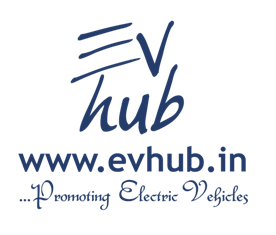NEAH Power Systems, the company leading development in fuel cells for the military and portable electronic devices, announced today it has signed a letter of intent to explore acquisition or merger plans with EKO Vehicles of Bangalore, Private Limited, India's leading technology producer of two-wheeled electric vehicles. This combined venture is expected to provide additional opportunities for the
expansion of product lines and global growth. Both companies are undertaking due diligence efforts in order to determine the viability and the structure of the combination.
expansion of product lines and global growth. Both companies are undertaking due diligence efforts in order to determine the viability and the structure of the combination.
NEAH had previously announced a customer relationship with EKO to build fuel cells for EKO's electric scooter product line. The third generation of EKO product is currently being sold in Asia and will shortly be available in the United States and Europe. "We intend to take the synergistic relationship between Neah and EKO to new levels. In addition to the fuel cells for electric two wheelers, we see high demand for Neah's fuel cells for a variety of military and industrial applications in India and Asia, and this relationship could enable us to meet this demand. Our micro fuel cells may eventually replace batteries for most uses," said Dr. Chris D'Couto, President and CEO of Neah Power.
"We welcome NEAH's technology and we share the common goal of reducing the levels of air and noise pollution, provide cost effective power solutions for two wheeler and four wheeler applications, and enable global growth for our products," said Mr. Anil Ananthakrishna, Chairman and Chief Executive Officer of EKOVEHICLES Pvt. Ltd.
Read this news completely @ http://www.evhub.in/news/245#245

